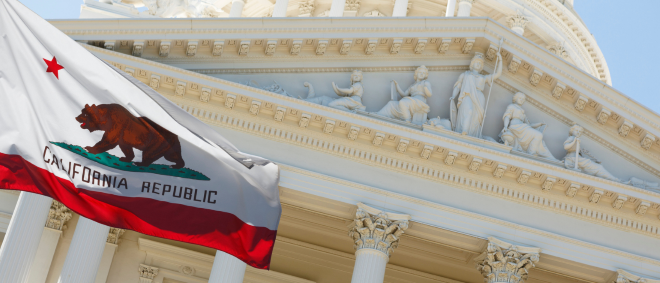New Jersey’s governor has signed into law the first US state comprehensive privacy law of 2024. It will go into effect January 16, 2025. For those keeping score, that puts New Jersey after Florida, Oregon, Texas (all July 1, 2024), Montana (October 1, 2024), Delaware, and Iowa (both January 1, 2025). But, before Indiana (January 1, 2026). (Visit this post for a more detailed recap).Continue Reading The Garden State Cultivates a Consumer Privacy Law – The First for 2024







